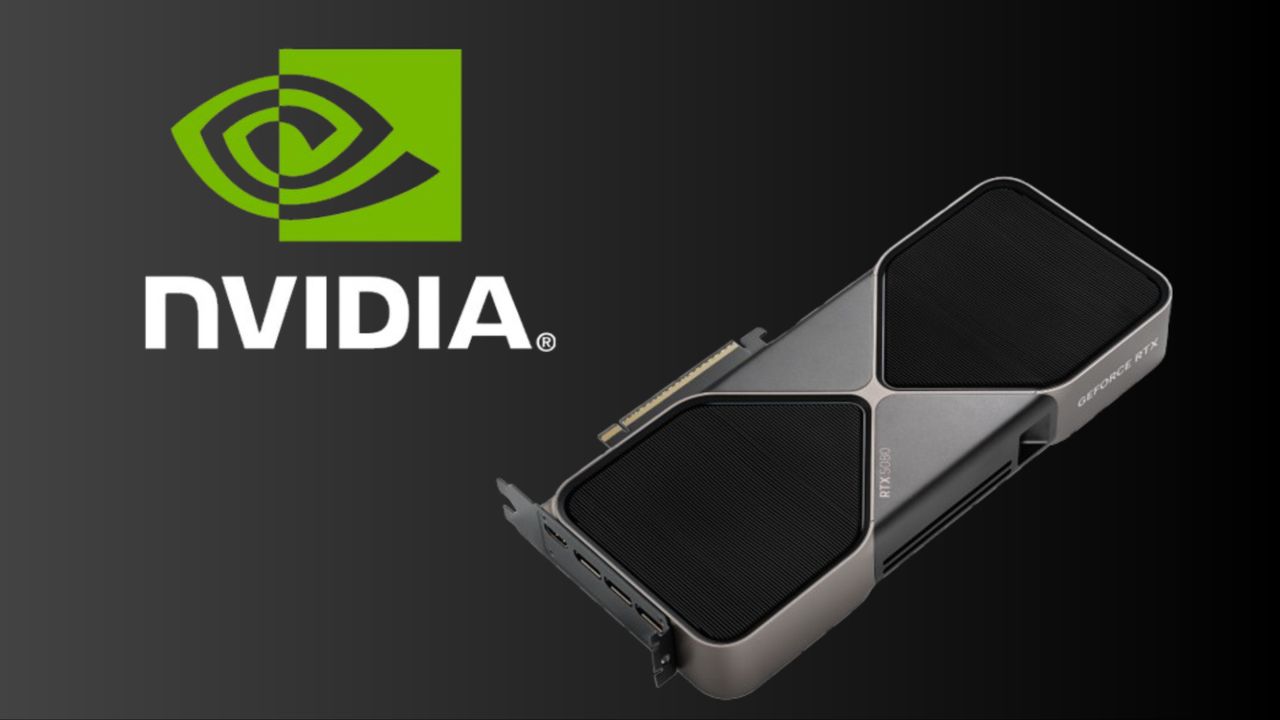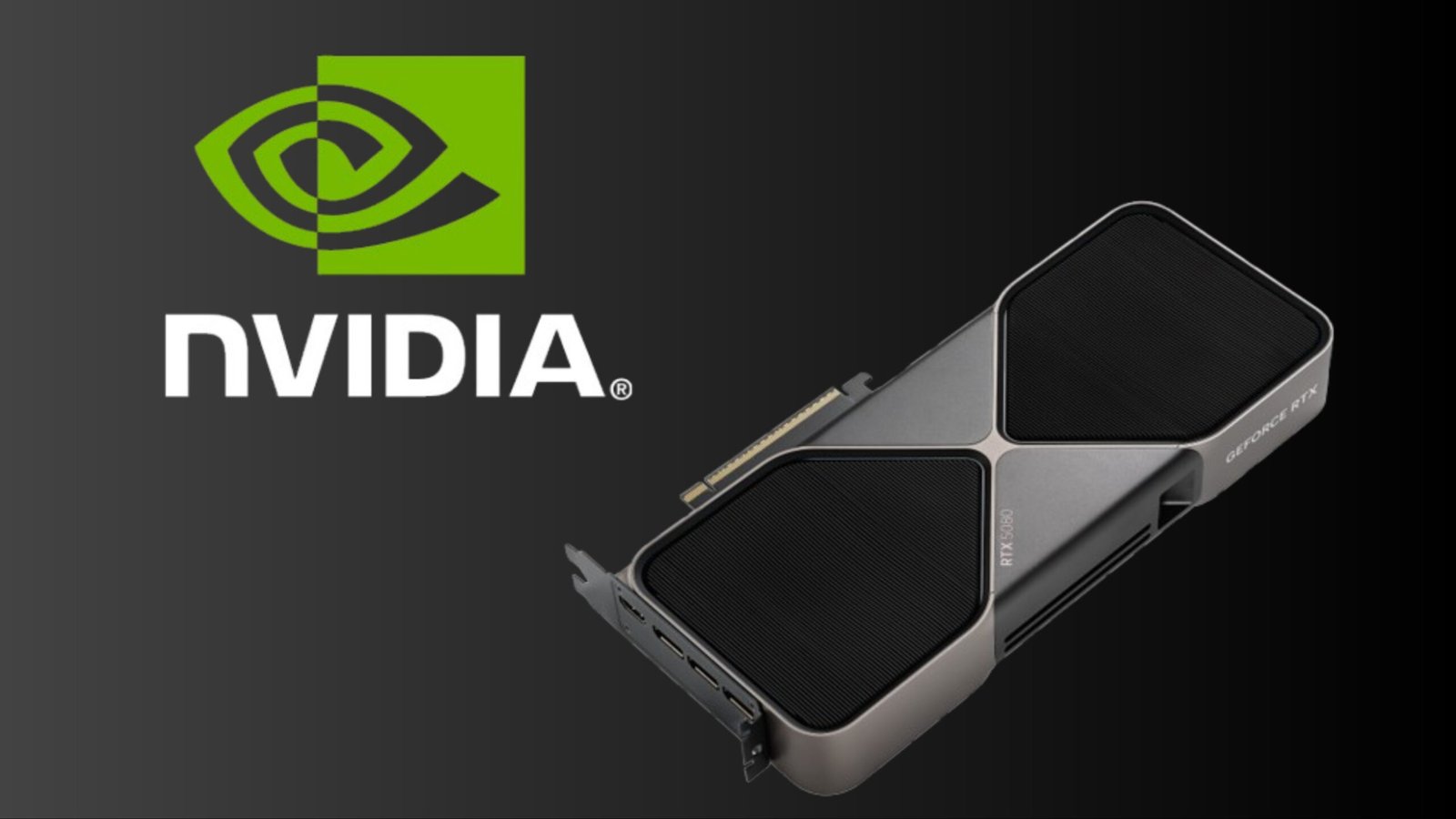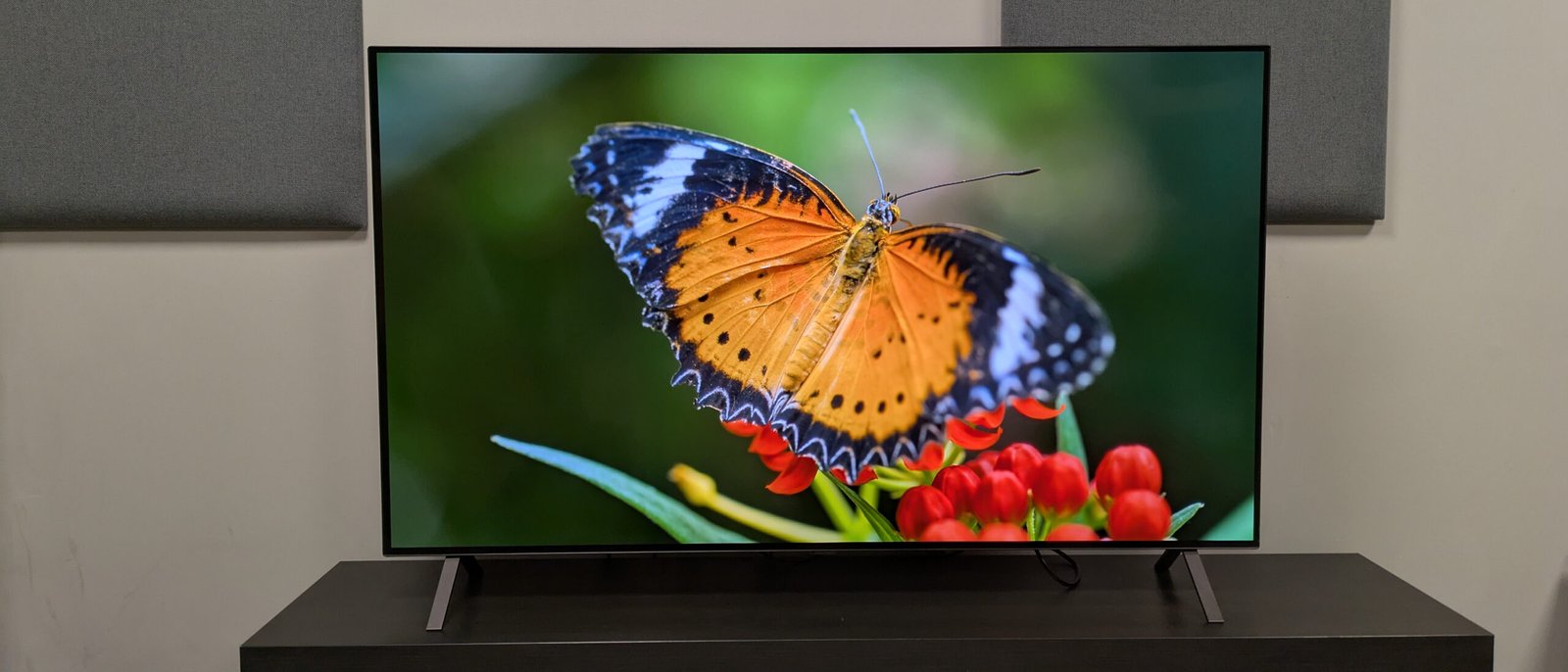
- Nvidia chips under investigation as China questions hidden access in H20 hardware
- Beijing summons Nvidia after US proposals ignited fears of remote chip surveillance capability
- TSMC is still building chips for Nvidia, despite regulatory heat and uncertainty in China
Nvidia’s position in the global AI hardware market could soon be under scrutiny following news of an investigation from the Cyberspace Administration of China.
The Chinese regulator has summoned the American chipmaker to explain potential “backdoor” risks in its H20 chips, developed specifically for China after US export restrictions disrupted prior sales of high-end AI processors.
The concern stems from US legislative moves proposing location verification systems on chips intended for export, which Chinese authorities fear could compromise data sovereignty and user privacy.
Mounting suspicion
While Nvidia has firmly denied the existence of any such vulnerabilities, the Chinese government’s decision to interrogate the issue introduces a new layer of uncertainty into the company’s already complex relationship with its second-largest market.
The regulator has not detailed any specific actions it plans to take, but the call to clarify potential security flaws suggests the company’s access to Chinese institutions could face added friction.
Nvidia’s official position has remained consistent: its chips do not contain any embedded features that could allow remote access or control.
In its own words, “Cybersecurity is critically important to us,” and no “backdoors” exist in Nvidia hardware.
However, this reassurance may not be enough to shift growing skepticism, especially as U.S. and Chinese policies around technology exports continue to diverge.
Meanwhile, Chinese analysts have suggested the move could be a political gesture, mirroring concerns the US has raised about Chinese tech in recent years.
What’s notable is that even amid rising tensions, Nvidia continues to see robust demand for the H20 chip within China.
The company has reportedly ordered 300,000 units from TSMC, reflecting the chip’s ongoing relevance to Chinese developers, research institutes, and universities, all of which rely heavily on high-performance AI chips to drive local advancements.
Even military and state-backed projects are known to use Nvidia technology.
Despite public optimism and high-profile visits by Nvidia CEO Jensen Huang to China, the broader regulatory environment is increasingly unpredictable.
The regulator is also looking into the acquisition of Israeli chip designer, Mellanox Technologies, claiming Nvidia violated some of the terms in the 2020 conditional approval of the deal.
Supply chain uncertainty, potential import limits, or changes in licensing rules could eventually impact hardware availability and cost.
As both nations dig deeper into their technology standoffs, Nvidia’s global leadership in AI hardware is no longer guaranteed to go unchallenged.




